FDA regulatory compliance applies to a broad range of products consumers use on a daily basis, from bottled waters and food products to prescription drugs and makeup. While the specific regulations that guide each of these products vary, a common theme that emerges across them is the importance of temperature control to maintain safety.
The FDA’s Guidelines on Temperature Control
In a list of federal regulations for food manufacturers, a point of emphasis is conducting every step of the manufacturing process — from food production to storage — under appropriate conditions and controls to minimize contamination. From an FDA compliance standpoint, the careful monitoring of frozen and refrigerated temperatures is recommended to ensure no dangerous fluctuations occur.
In the case of prescription drugs, the FDA’s federal regulations mandate that wholesale distributors have storage areas in place to store medications at proper temperatures, as well as that temperatures and humidity levels are monitored to preserve a drug’s efficacy.
The goal with each of these standards is to prioritize prevention over reactive measures. We can see these efforts reflected in policies like the FDA’s Food Safety Modernization Act (FSMA) that mandates preventive control plans for facilities and enables greater protection at particularly vulnerable points within the food supply chain.
To effectively monitor adherence to these and other temperature-related standards, the FDA requires documentation.
Documentation to Verify FDA Regulatory Compliance
From human foods to prescription drugs, temperature monitoring must be backed by data to affirm proper protocols have been established and proper temperatures have been maintained. And this data needs to be readily available, as FDA audits can occur at any time (often simply as a routine inspection), with little to no advance notice for facilities. If a food manufacturer or prescription drug wholesale distributor fails to produce requested temperature records within the allotted time frame, noncompliance can lead to regulatory fees or fines, increased inspections and can even result in food or drugs being discarded.
Access Automated Reports that Streamline FDA Compliance
While the FDA provides flexibility in terms of how temperature is monitored, there are clear advantages to choosing a cloud-based, remote monitoring system like CORIS. Sensors record temperatures which are transmitted to CORIS cloud-based servers every two minutes, where the data is permanently stored. These temperature records are easily accessible and produced on demand or automatically. As the temperature readings are logged, they are examined in real time, and alerts are sent out in the event of a temperature excursion to allow quick corrective action. With automated reporting capabilities built into the system, organizations that report to the FDA can quickly send out temperature reports (with alerts included) to verify FDA regulatory compliance.
Learn more about how CORIS can support your operations. Contact us today.
